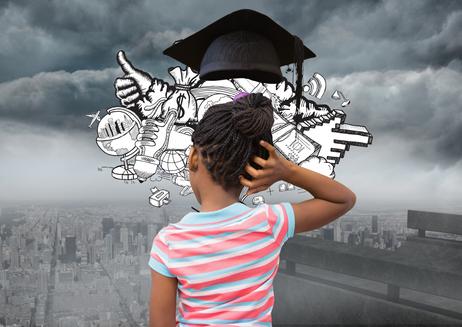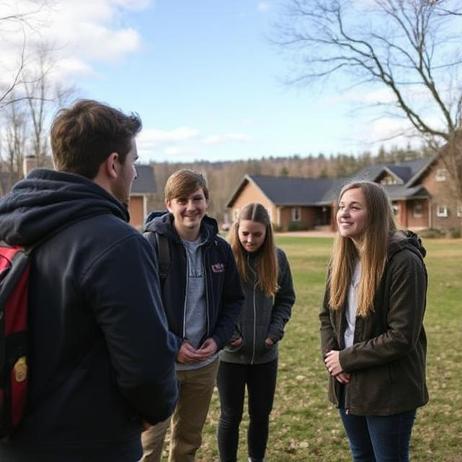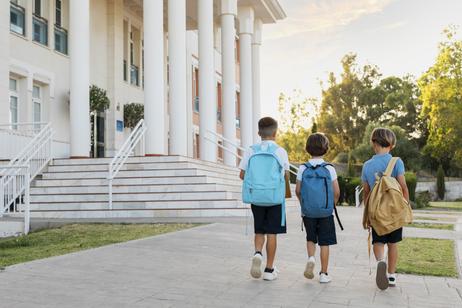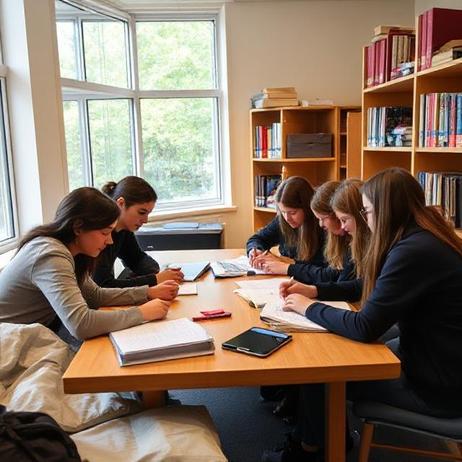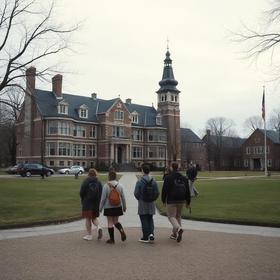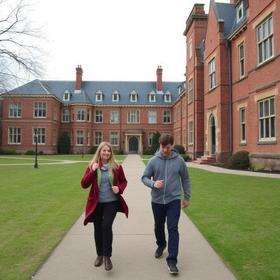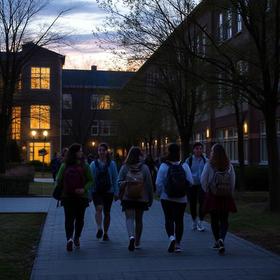Balancing Boarding Life and Independence: Transition Tips for Students
Balancing boarding life and independence is one of the most meaningful developmental steps a young person can take. The transition introduces students to a structured residential community that encourages responsibility, self-management, and personal growth. At the same time, it requires learning new routines, navigating social and academic expectations, and developing confidence away from home.
This guide examines how students can approach balancing boarding life and independence with clarity and resilience. It incorporates updates relevant to 2025, insights from educators, and strategies that help families prepare for the move.
Throughout this article, the phrase boarding life and independence is used regularly to reflect a central theme for students entering residential school environments.
Understanding the Transition to Boarding Environments
Moving into a residential community represents a significant shift from day-to-day home routines. Students stepping into boarding life and independence often encounter new expectations around time management, study habits, and social interactions. The transition can be exciting, but it may also bring uncertainty.
Boarding schools emphasize community responsibility, academic rigor, and personal accountability. Parents and students can explore the structure of boarding programs in more detail through resources offered on BoardingSchoolReview, which outlines what students can expect in their first year.
Key elements of the transition include:
Learning to manage schedules without parental reminders
Navigating shared living spaces

